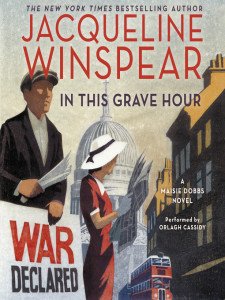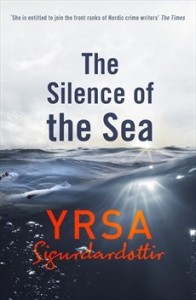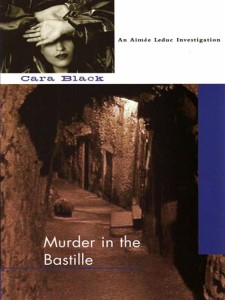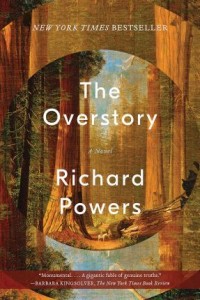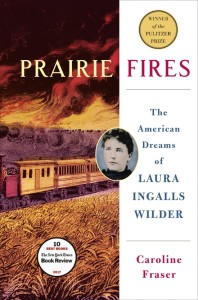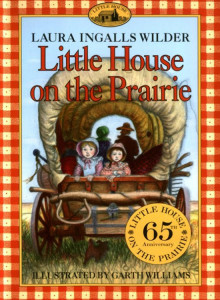As a writer, I learn something from every book I read. In no particular order, these are the twelve best books I read in 2019. Please check the links to the blog archive for a fuller discussion of each book.
1. The Fateful Triangle: Race, Ethnicity, Nation, by Stuart Hall
You might think that this collection of talks given at Harvard in 1994 by Stuart Hall couldn’t be relevant 25 years later, but nothing could be more germane to what is happening today. Hall, a prominent intellectual and one of the founding figures of cultural studies, examines the three words in his subtitle and how their meanings—how we understand them—have changed over time.
2. The Book of Emma Reyes, by Emma Reyes
Reyes, who died in 2003 at the age of 84, lived in Paris where she was known as an artist, friends with Sartre, Frido Kahlo, and Diego Rivera. She was also known as a fascinating storyteller, full of stories of her childhood in Colombia. The translator Daniel Alarcón says in his introduction, “Her vision is acute, detailed, remorseless, and true. There is no self-pity, only wonder, and that tone, so delicate and subtle, is perhaps the book’s greatest achievement.”
3. The Souls of Black Folks, by W.E.B. DuBois
DuBois presents a program of what is needed to bring the American Negro, particularly those in the South, into full citizenship: the right to vote, a good education—not just vocational training—and to be treated fairly. His prose is both expressive and straight-forward. These chapters are lessons in how to write about outrageous conditions with your outrage controlled and contained to add power to your sentences without turning the reader away. He marshals facts and numbers to back up his statements, yet doesn’t hesitate to move into lyric prose to bring home to us the reality of what he’s describing.
4. Kindred, by Octavia E. Butler
I’d heard so many good things about Butler’s work, and especially this early (1979) stand-alone novel of hers, and I was not disappointed. Kindred is the story of Dana, a modern-day woman of color who is mysteriously transported back to a pre-Civil War slave plantation. Not only is Maryland’s Eastern Shore a far distance from her home in Los Angeles, in time as well as miles, but it is a shockingly unfamiliar culture.
5. The Left Hand of Darkness, by Ursula Le Guin
If you haven’t read this classic, stop right now and go read it. Came out in 1969? No problem: it couldn’t be more relevant to today. Don’t like science fiction? Won’t matter; there aren’t any space battles or robots; just beings you will recognise going about their lives. And any initial questions you might have about the culture you’re reading about are exactly the point.
6. A Place on Earth, by Wendell Berry
I had read some of Wendell Berry’s poems and essays, so I was not surprised that one of the big ideas explored in this his second novel is our relationship with the land. Reading this story set in the small town of Port William, Kentucky in 1944, we are immersed in a way of life unfamiliar to most of us today.
7. All for Nothing, by Walter Kempowski
To this last novel, published a year before his death in 2007, Kempowski brings all the experiences of his long life. Born in 1929 in Hamburg, he was caught up in WWII, at 15 witnessing the East Prussian refugees in Rostock, the coastal town where he grew up. Soon after, he learned that his father had been killed. Drawing on these experiences, Kempowski crafts a story of an East Prussian family continuing to live their normal, even banal, lives while the first Baltic refugees fleeing the approaching Russians begin to pass their estate.
8. The October Palace, by Jane Hirshfield
Hirshfield is one of my favorite poets, and I welcomed the opportunity to reread this early (1994) collection of hers. The poems in this book hold mysteries that, like koans, can leave me pondering a few lines for days.
9. Prairie Fires, by Caroline Fraser
A friend recommended this book so vehemently that she actually sent me a copy. I’d never read the Little House books, so I caught up on them as I read this biography. Wilder always maintained that her stories were true, but questions arose even as the books were taking the world of children’s literature by storm. Now Fraser’s meticulously sourced and immensely readable account shows what is fact and what is fiction in those books.
10. The Friend, by Sigrid Nunez
Nunez’s new novel, winner of the 2018 National Book Award, is a quiet and intelligent story of friendship, love and despair, tackling the questions most of us wrestle with at various times in our lives: Should I change my life? Is it worth going on as I have?
11. The Overstory, by Richard Powers
This popular, Pulitzer Prize-winning novel left me with a combination of enchantment and disappointment. It’s an ambitious work, one that is out to change the world, at least our human part of it. Powers conjures our life as a whole, the one that we share with the rest of nature, through nine characters, whose individual tales bounce off each other and sometimes intersect. While their goals may be art or love or survival, each character’s journey is also one of developing a relationship with nature, specifically trees. What I find most stunning is the brave attempt to write a larger story.
12. Memento Mori, by Charles Coe
Coe is a teacher and an award-winning poet. The poems in this book celebrate ordinary days, finding treasure hidden in plain sight. They are the poems of a man no longer young, one who has looked at his own mortality and chosen to live every day, every moment; a man who wishes he could go back and give advice to his teenaged self about what really matters.
What were the best books you read last year?
